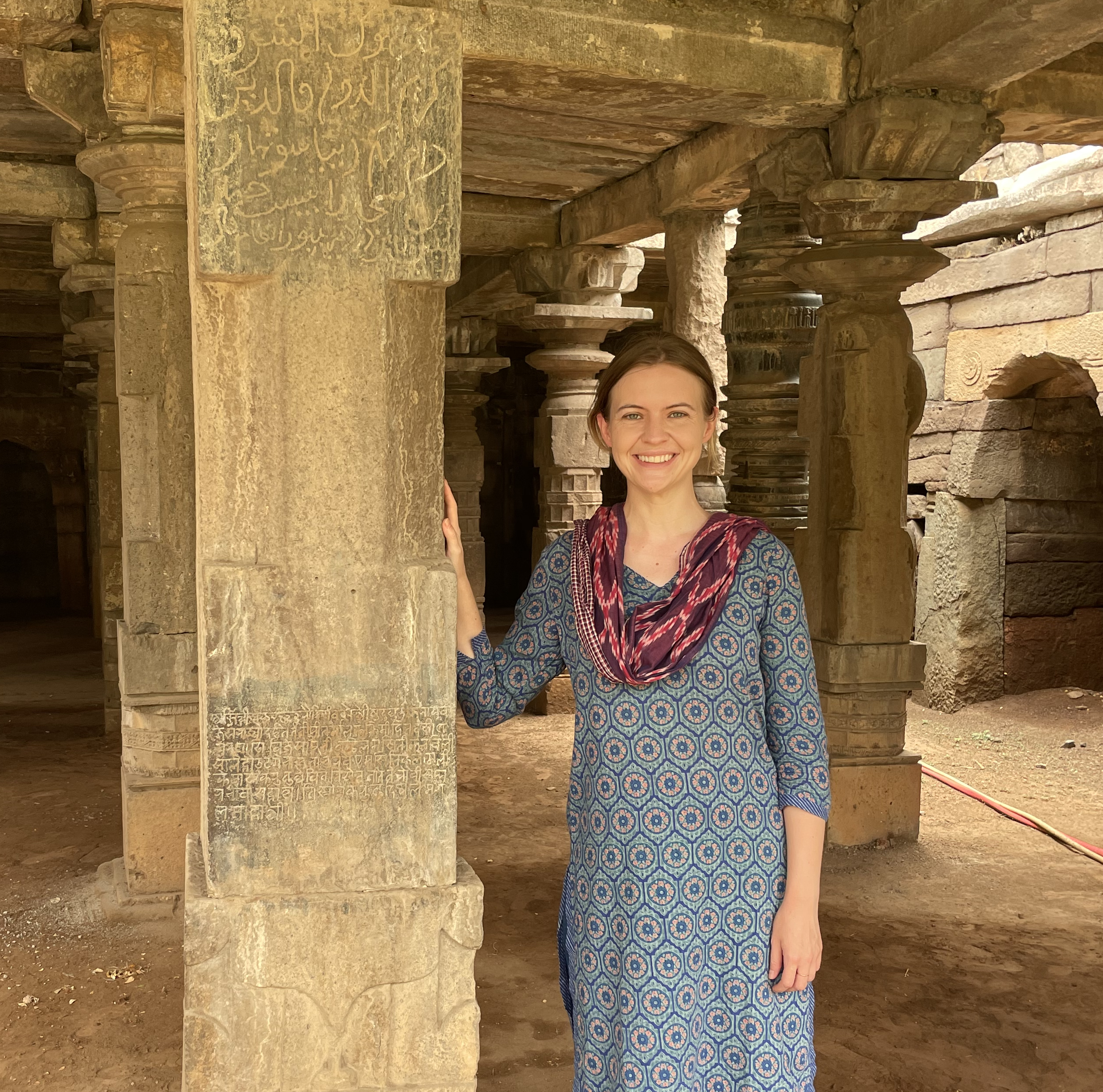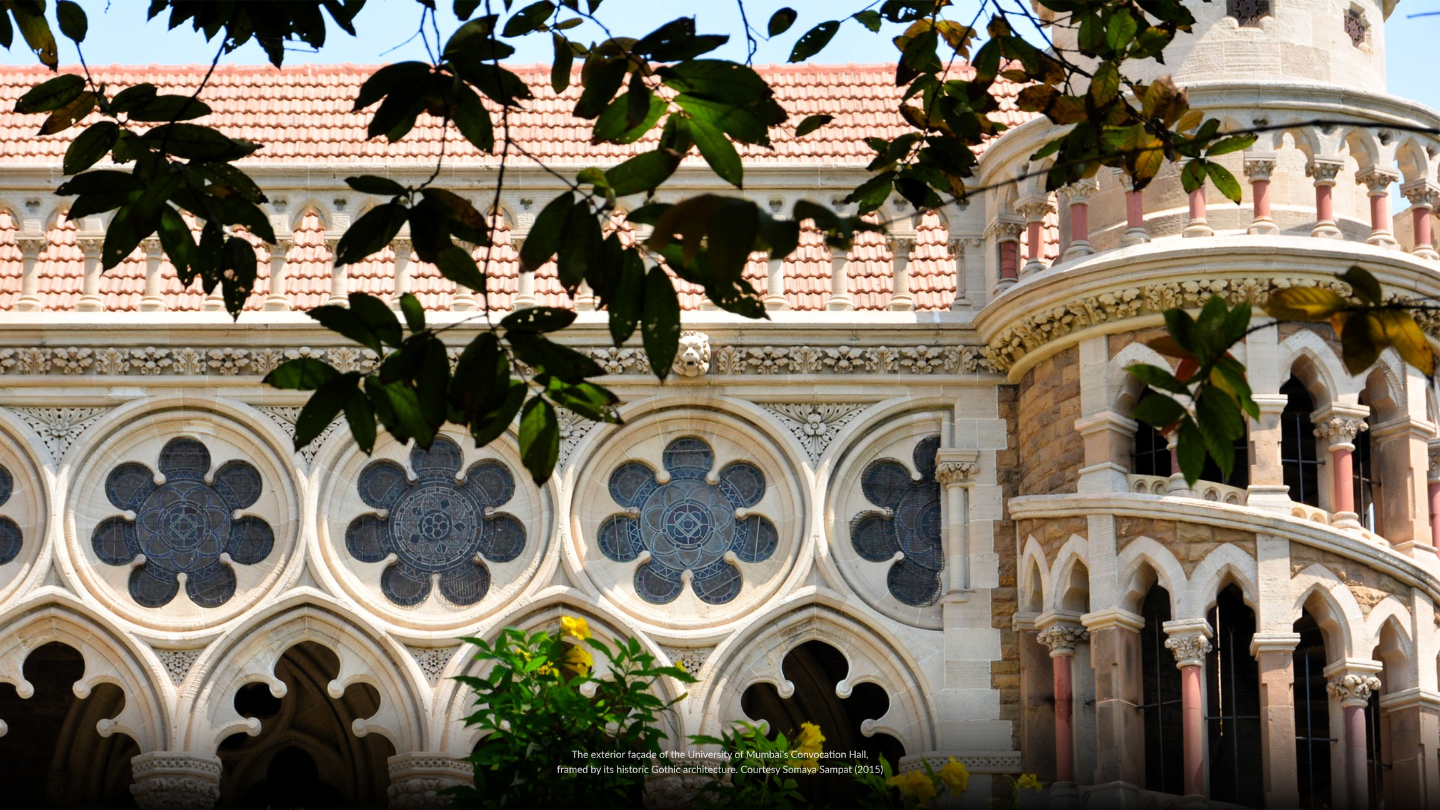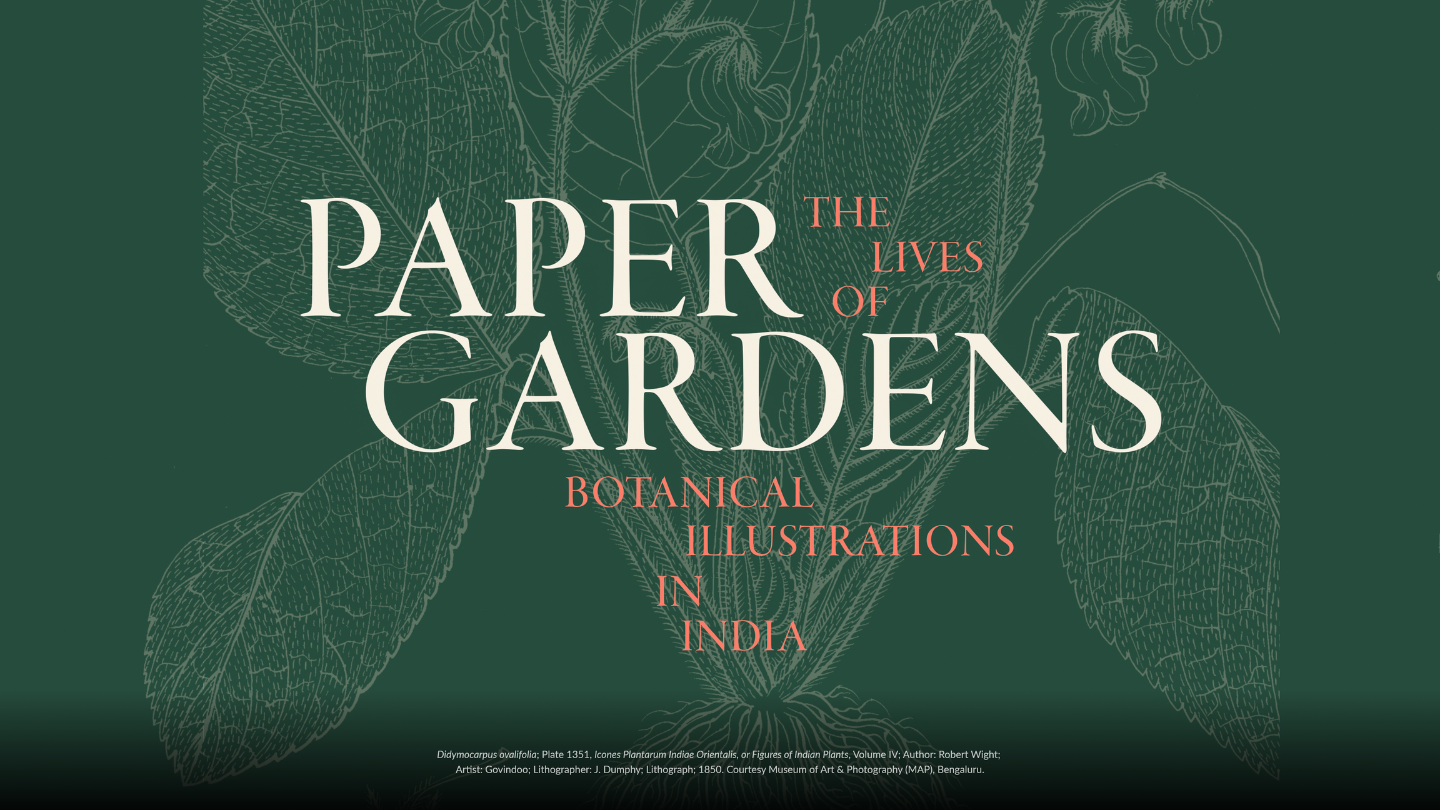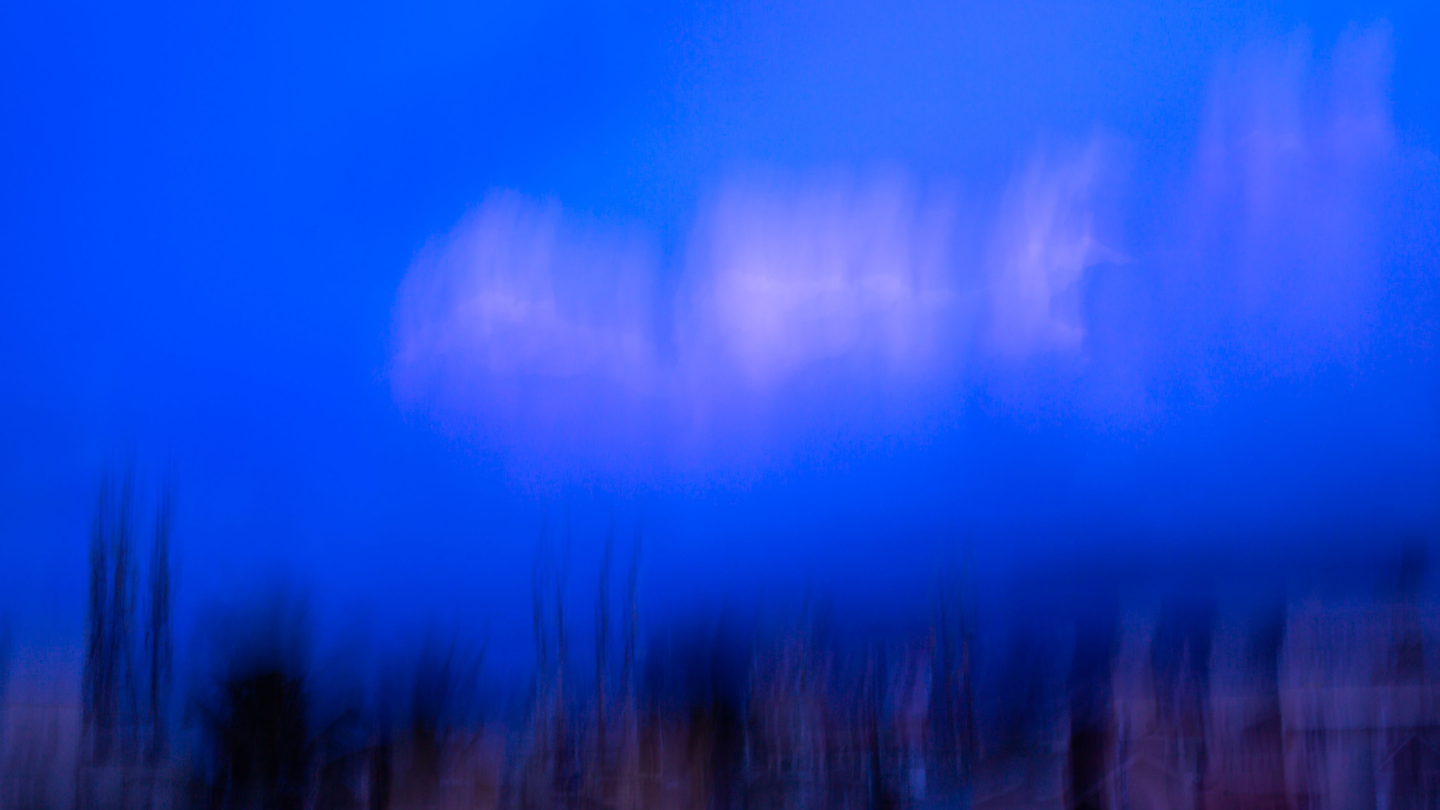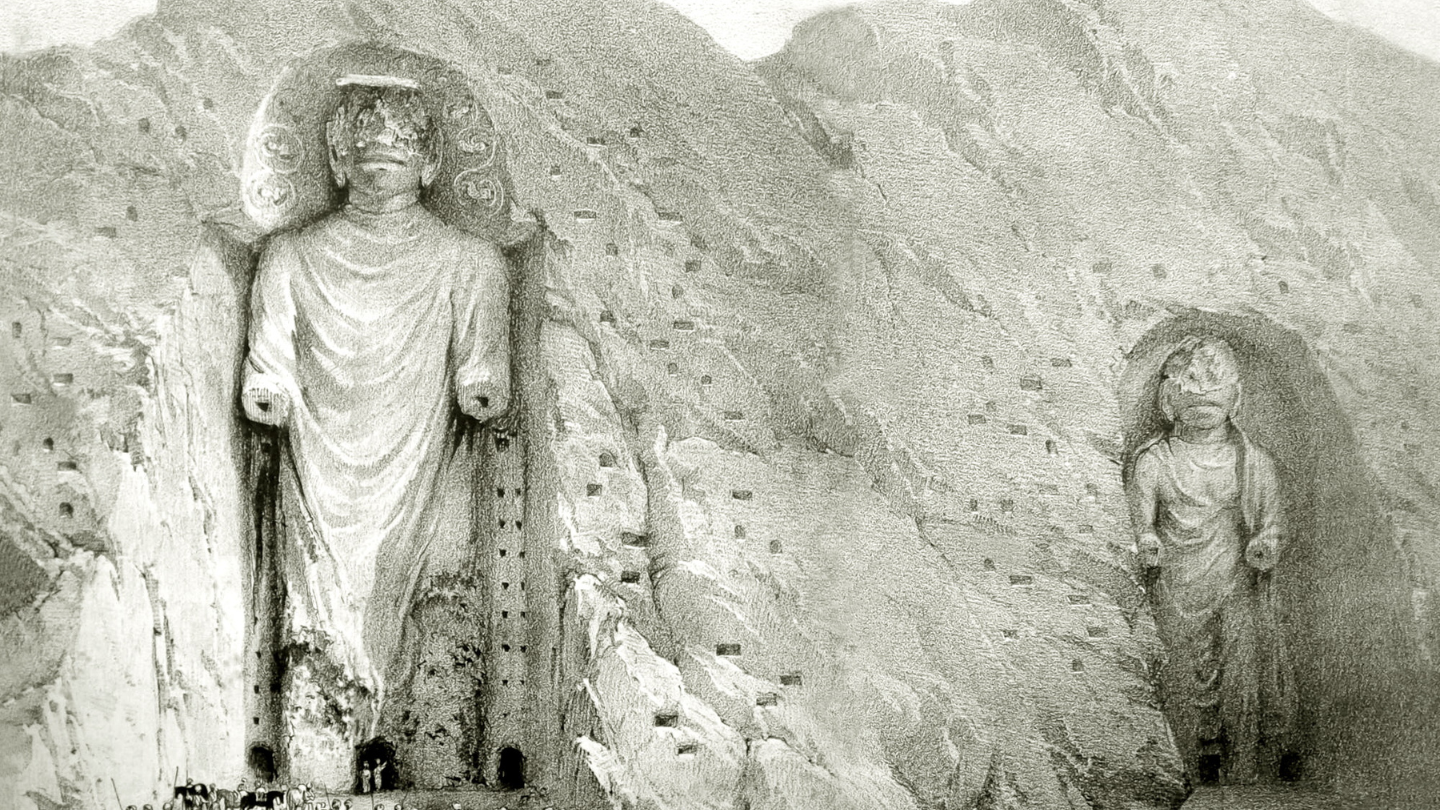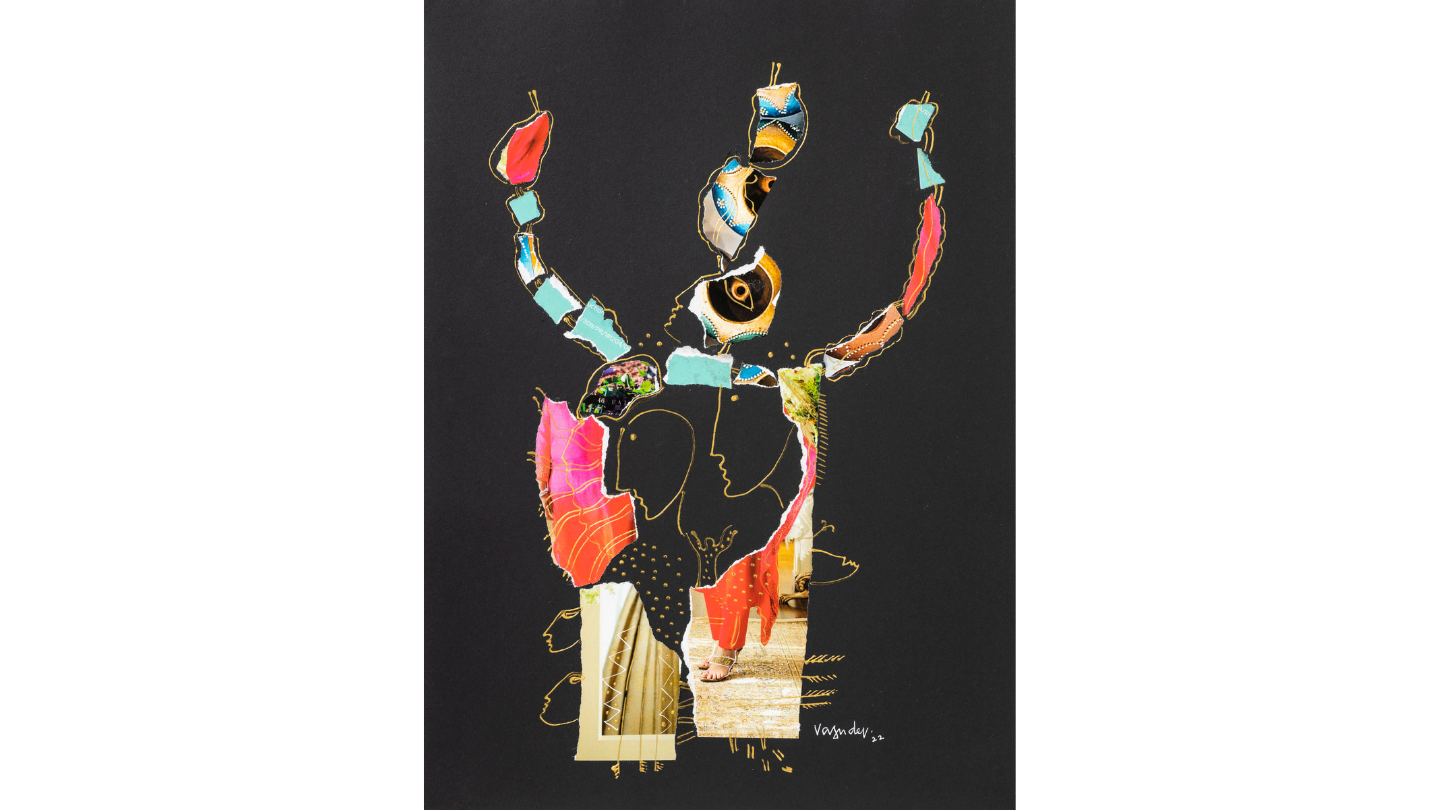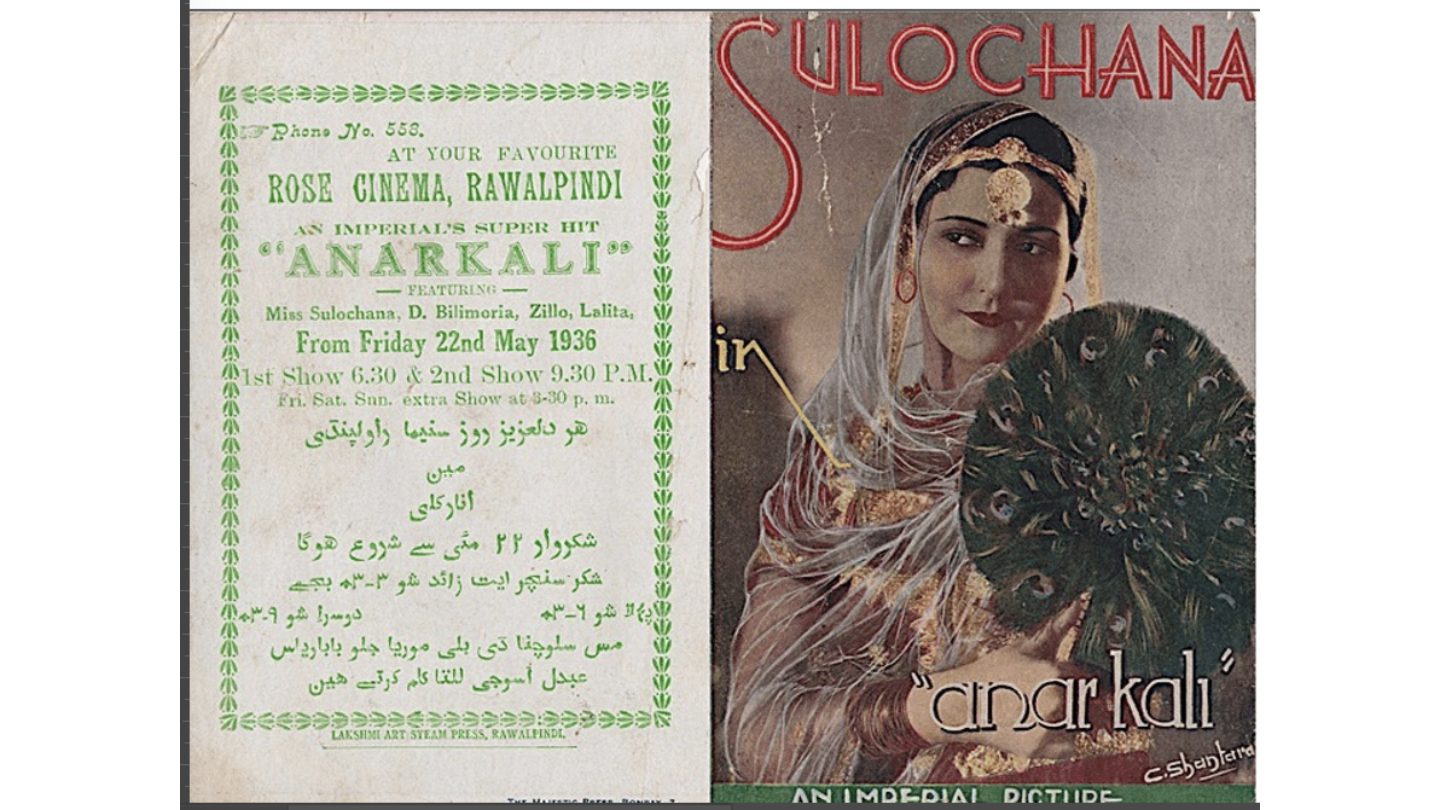Talks
Translating the New Taste
Zoë Woodbury High
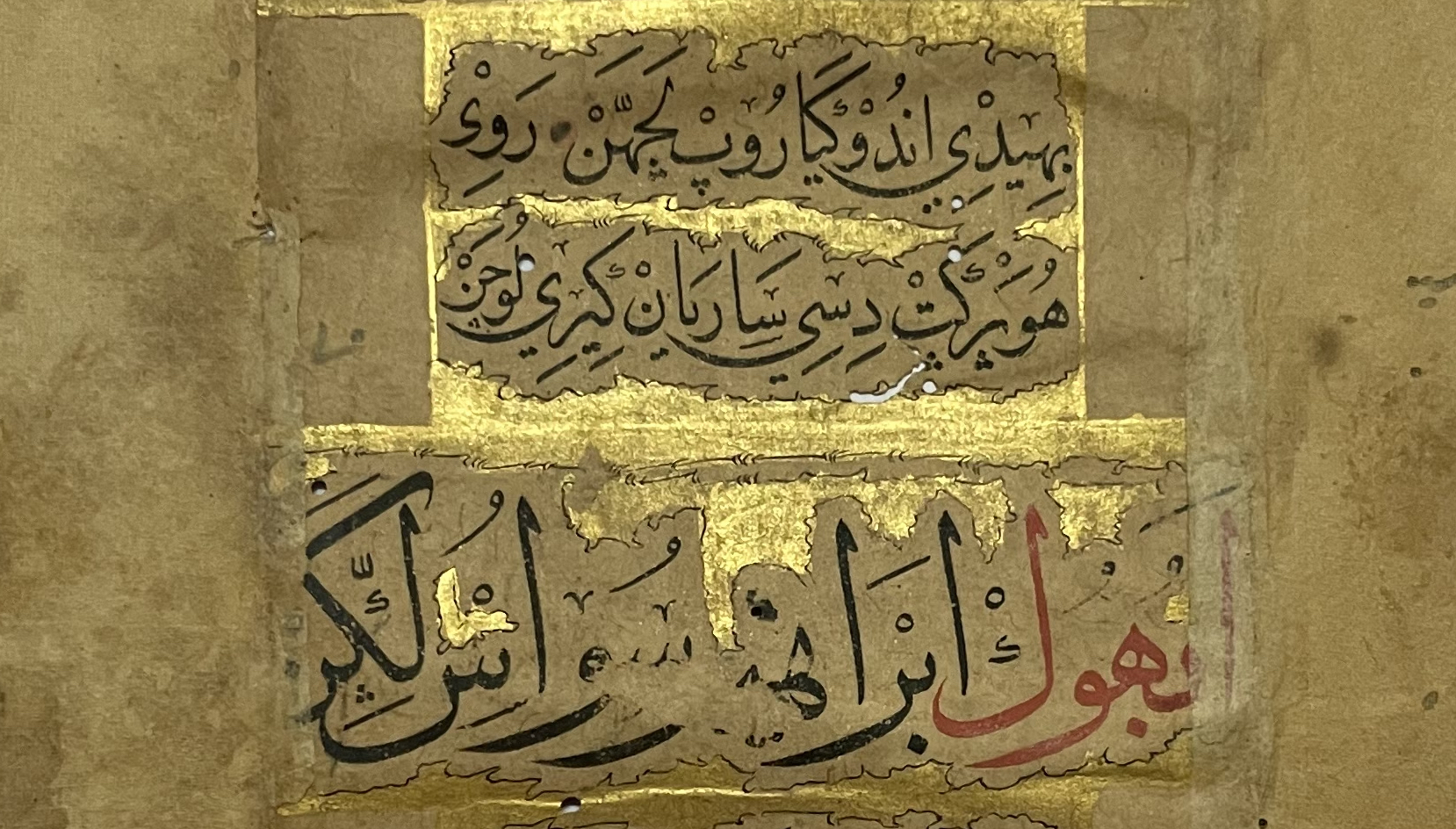
For our latest series, MAP will be partnering with the Deccan Heritage Foundation, the Centre for Islamic Studies, University of Cambridge, and the Bangalore International Centre for a series of lectures and seminars. From Konkan to Coromandel will present the pioneering work of scholars in various fields of knowledge from both the Northern and Southern Deccan regions of India. The first lecture in the series, Translating the New Taste is led by Zoë Woodbury High, a PhD candidate at the University of Chicago.
Ibrahim Adil Shah II, the king of the Bijapur Sultanate, composed a book of songs titled Kitāb-i nauras (The New Book) in 1600. Due to its extensive number of manuscript copies — including one by the well-travelled scribe Khalilullah Butshikan — and inclusion of verses in praise of Ganesha, Shiva, and Sarasvati, the book is hailed as one of the best-known examples of literature in the regional language of Dakkani.
In her research, High focuses on the content of the songs and makes a case for the text’s innovations lying in the realm of poetics rather than religion. Through an analysis of several of the oldest extant manuscripts of the Kitāb-i nauras, High will demonstrate how its author oriented the work towards a readership familiar with Persian literary models and conventions while incorporating tropes drawn from an Indian context.
In collaboration with the Deccan Heritage Foundation, the Centre of Islamic Studies at the University of Cambridge, and the Bangalore International Centre.
